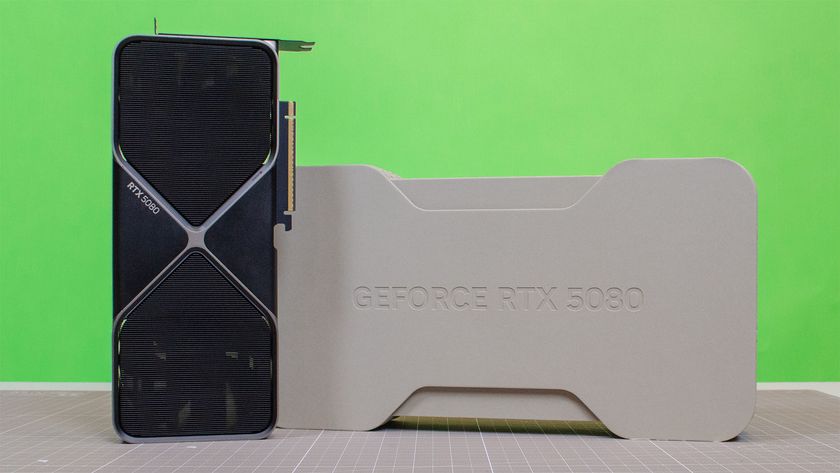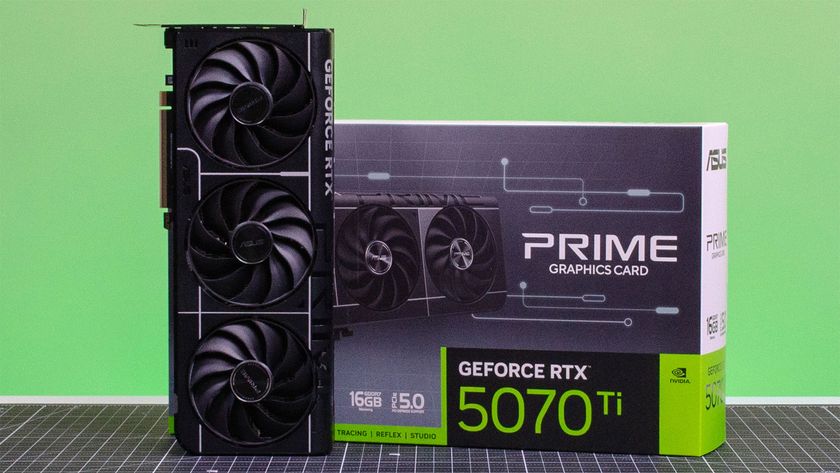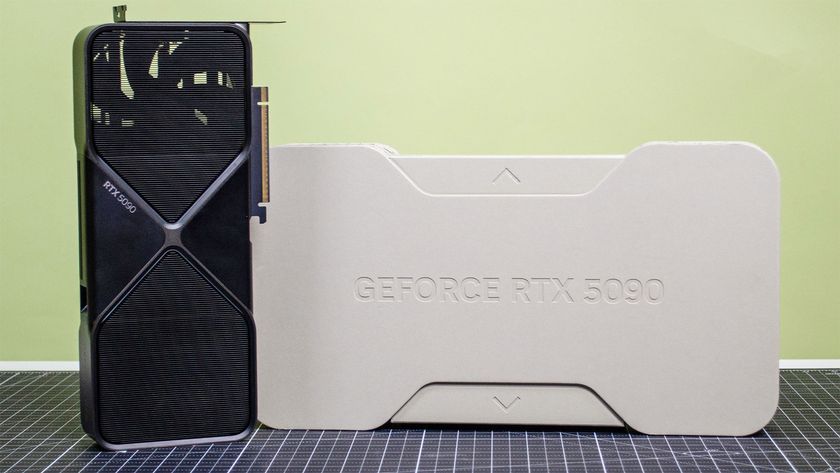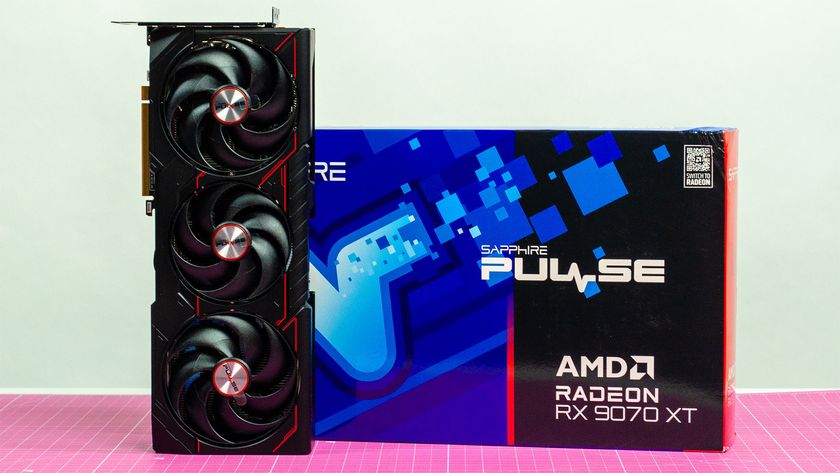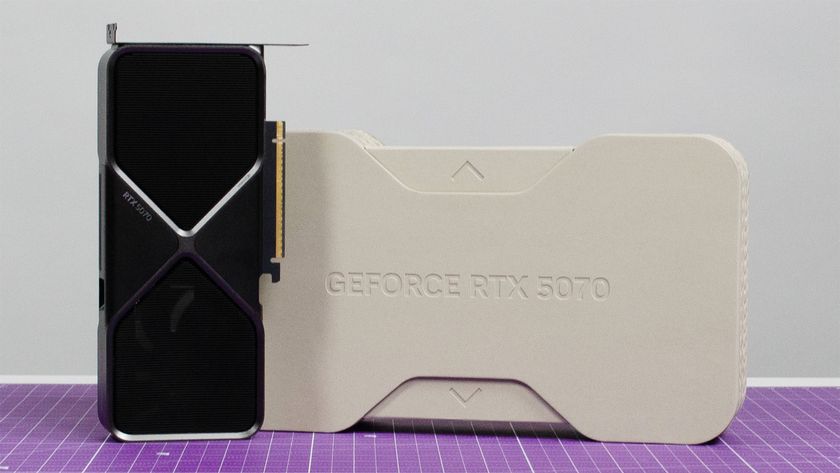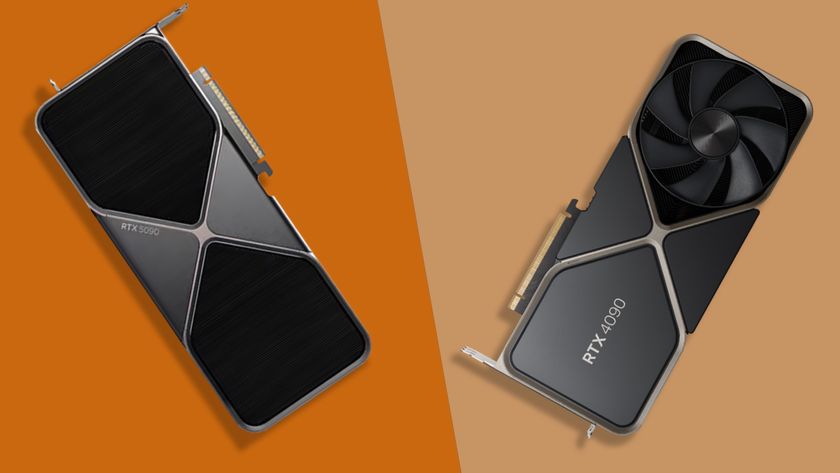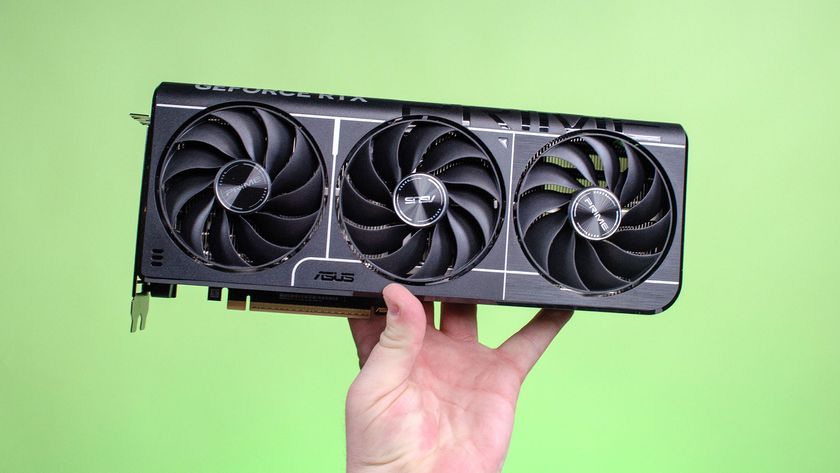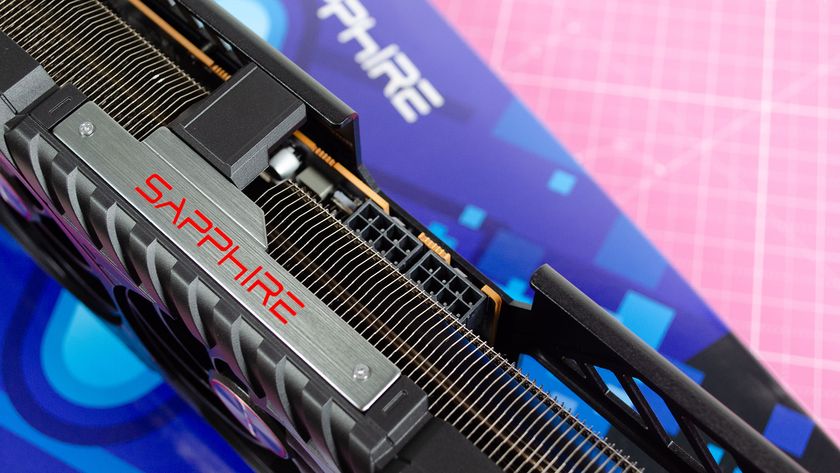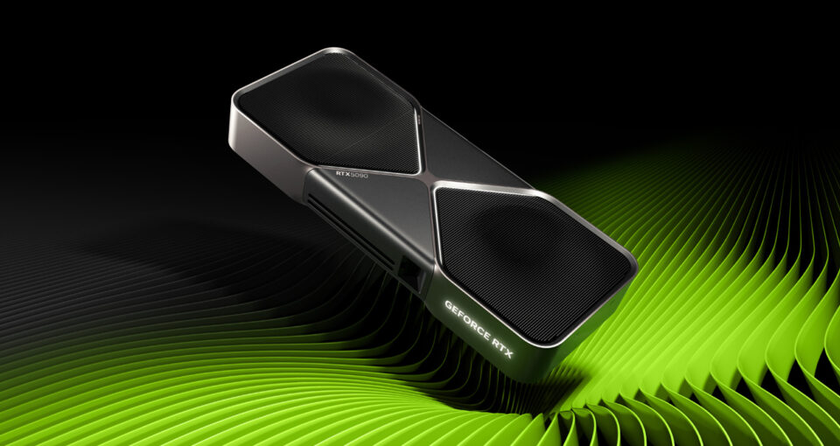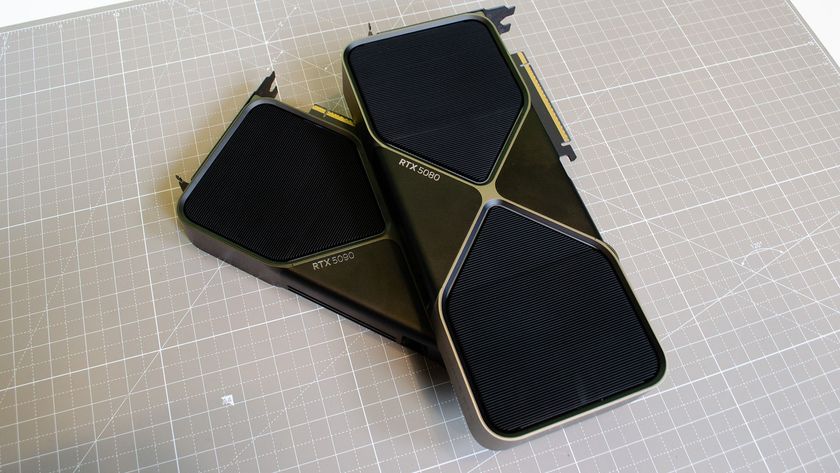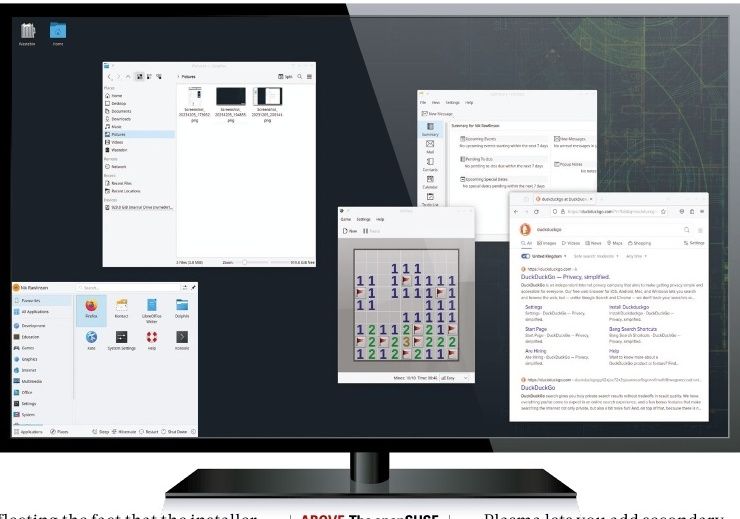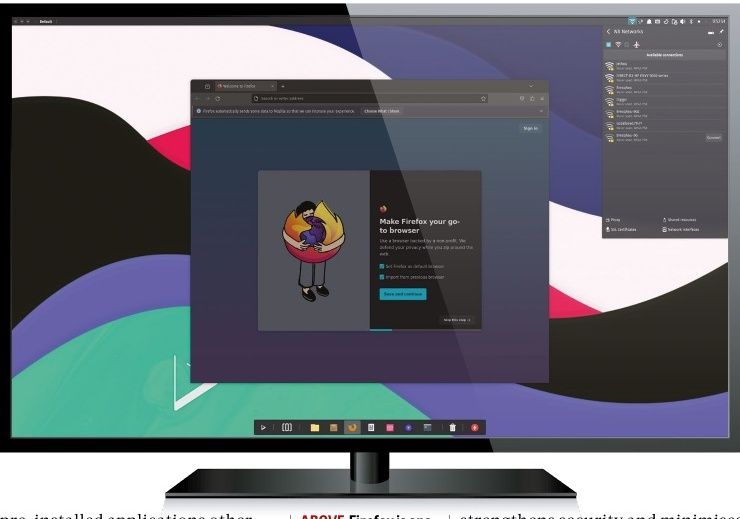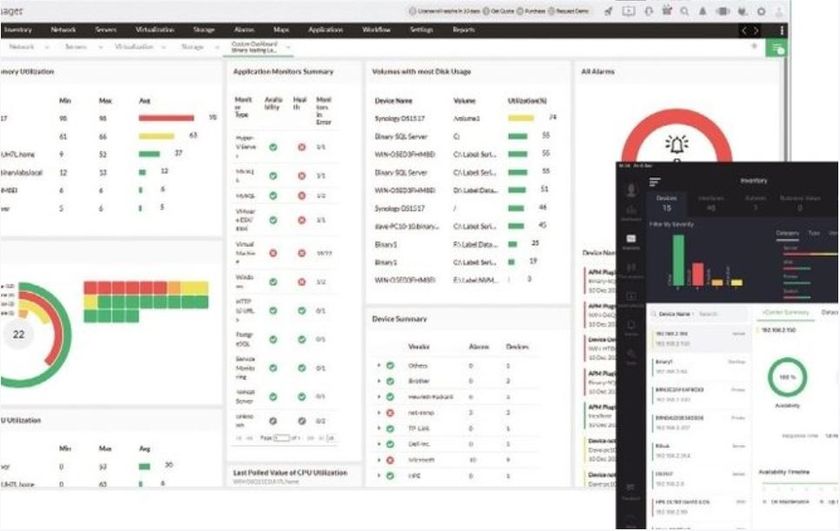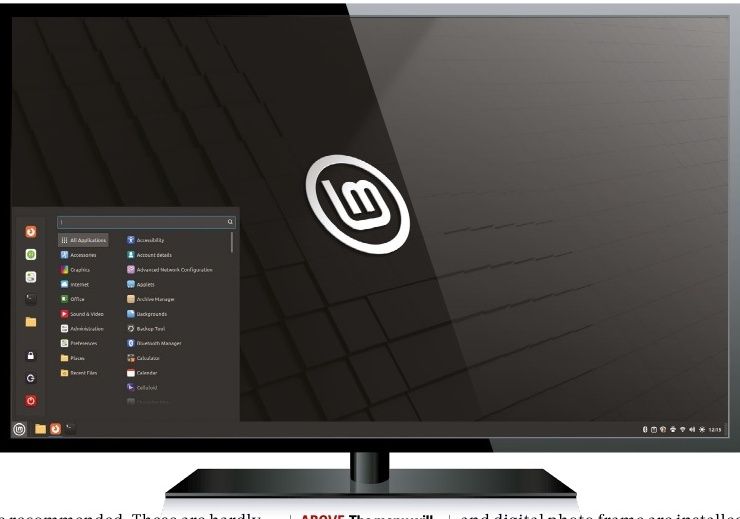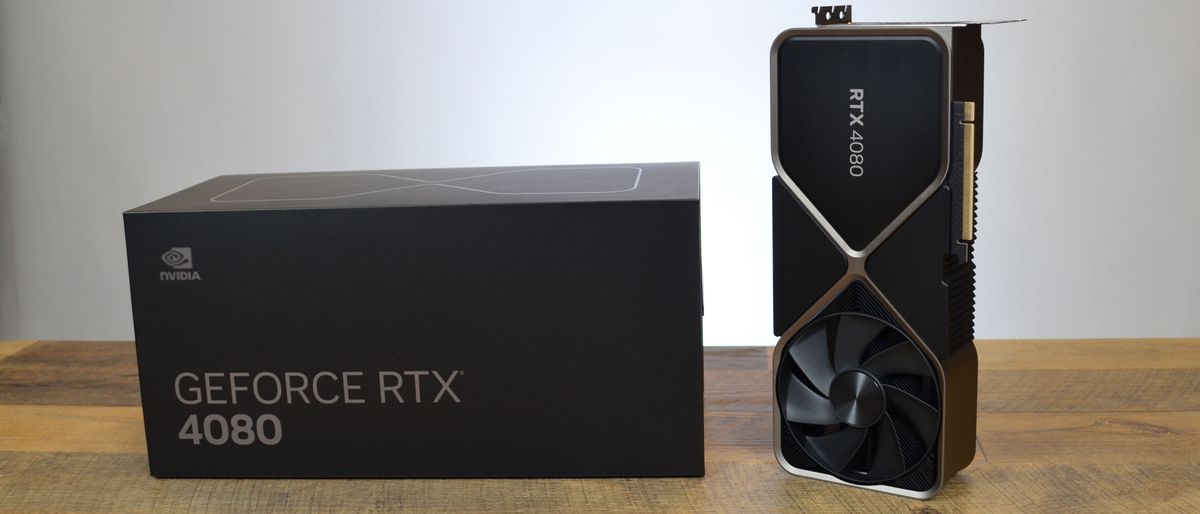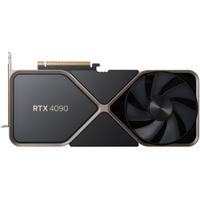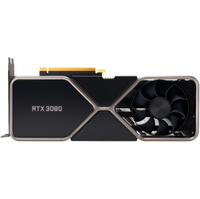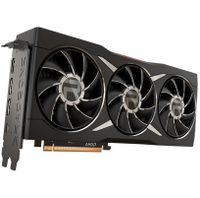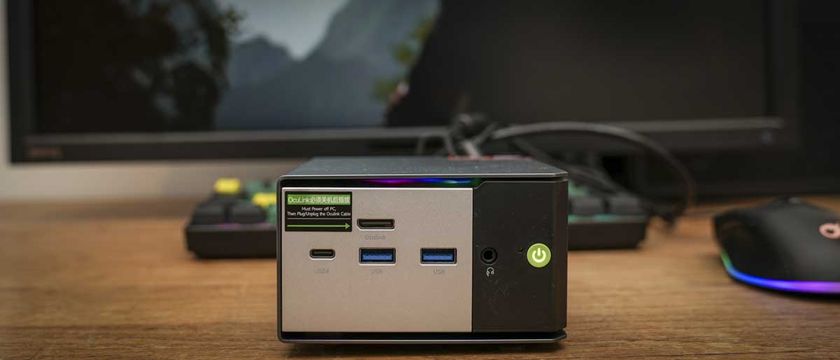TechRadar Verdict
The Nvidia GeForce RTX 4080 is unquestionably powerful, and it's a major improvement over its predecessor with performance blowing the RTX 3090 Ti out of the water, but at nearly double the price of the RTX 3080, you really should just buy the RTX 4090 at this point.
Pros
- +
Incredible 4K gaming performance
- +
Fantastic creative performance
- +
Runs relatively cool
Cons
- -
The price makes absolutely no sense
- -
Ongoing concerns around 16-pin power connector
Why you can trust TechRadar
Nvidia GeForce RTX 4080: two minute review
The Nvidia GeForce RTX 4080 is unquestionably a powerful graphics card; it might even be the best graphics card that some people can afford to buy, but there's no getting around the fact that this card should retail for much less than it does.
First, let's get to the good. The RTX 4080 offers some outstanding gaming performance that will make any PC gamer happy, especially if you can take advantage of the new DLSS 3 Frame Generation technology.
If you're a creative as well, this could be a compelling card for you to use if the Nvidia GeForce RTX 4090 is a bit too expensive for you budget, as it offers some of the best creative workload performance of any graphics card out there.
But that is ultimately the story of the RTX 4080. It lives in the shadow of the RTX 4090 that preceded it to market, and although it's 25% cheaper than the best Nvidia GeForce graphics card going (at least when it comes to performance), it's still too close in price to make a compelling case for itself.
Check out our live blog on where to buy the RTX 4080 for help in getting the GPU.
If you absolutely cannot afford to pay the extra cash for an RTX 4090 under any circumstances, then the RTX 4080 makes sense as a purchase. What would have made more sense was for Nvidia to "cancel" this card and release it six months from now as the RTX 4080 Ti or Super while giving us the RTX 4080 12GB instead at its $899 (around £800 / AU$1,200) MSRP.
At least in that case, all things being the same, we'd be complaining about the $200 increase in price over the RTX 3080, but with the AMD Radeon RX 7900 XTX coming in at $999 (around £850 / AU$1,500), Nvidia could make an argument in its favor, one that it might have won. Plus, there'd be enough of a distance between the RTX 4080 and the RTX 4090 that we'd have no business comparing the two.
But at such a narrow gap between the price tags between the two cards, you are simply overpaying for the RTX 4080, and you shouldn't buy it if you can help it. If you're going to pay this much for a premium graphics card, just get the RTX 4090.
Nvidia GeForce RTX 4080: Price & availability
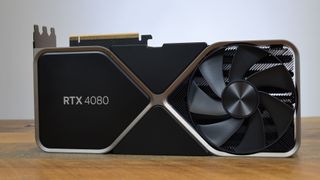
- How much is it? MSRP listed at $1,199 (about £1,080, AU$1,740)
- When is it out? It is available November 16, 2022
- Where can you get it? Available in the US, UK, and Australia
The Nvidia GeForce RTX 4080 is available as of November 16, 2022, with an MSRP of $1,199 (about £1,080, AU$1,740), which is a 71% increase over the MSRP of the Nvidia GeForce RTX 3080 it replaces. In fact, it is the same MSRP as the Nvidia RTX 3080 Ti, which is downright madening.
Should this be the RTX 4080 Ti? Initially, before Nvidia pulled the launch, there was an Nvidia RTX 4080 12GB variant that was set to sell for $899. There's been some talk that this card is really the Nvidia RTX 4070 Ti, but it could equally be said to be the true RTX 4080, since at least its pricing would be closer to appropriate in that case.
Instead we have a graphics card that is well into premium market pricing, in which case you might as well spend another month or two mowing lawns, shoveling snow, writing freelance articles, or pulling a few overtime shifts and shell out for the RTX 4090. If you're already paying this much money for a graphics card, why the hell should you settle for second best?
The pricing on this card in particular makes very little sense and weighs heavily against it, which is a shame. Its performance per dollar is actually quite good, and in a world where the RTX 4090 wasn't so close in price, we'd tell you to buy it.
The situation becomes even more gobsmacking when you consider that a lot of third-party cards are just going to increase the price over the RTX 4080 Founders Edition that we reviewed. Some might even sell for roughly the same price as the RTX 4090 Founders Edition, which is still leagues ahead (performance-wise) of any RTX 4080 on the market.
In short, if this card were $799, it would be Best-in-Class material. Even at $999, it would have easily gotten four if not four-and-a-half stars. At $1,199, we simply can't. We just can't. Hell, if you're looking for the best bang for your buck, go with the RTX 3080. It's a spectacular card and right now you can probably get it for ridiculously cheap.
- Value: 1.5 / 5
Nvidia GeForce RTX 4080: features & chipset

- 68% of the CUDA cores of the RTX 4090
- DLSS 3 capable
- 16GB VRAM limits 8K performance
GPU: AD103
CUDA cores: 9,728
Tensor cores: 304
Ray tracing cores: 76
Power draw (TGP): 320W
Base clock: 2,210MHz
Boost clock: 2,510MHz
VRAM: 16GB GDDR6X
Bandwith: 717 GB/s
Bus interface: PCIe 4.0 x16
Outputs: 1 x HDMI 2.1, 3 x DisplayPort 1.4a
Power connector: 1 x 16-pin
So, when it comes to the chipset of the Nvidia GeForce RTX 4080, you can pretty much take the RTX 4090 and cut it in half and that's pretty much what you're getting here.
It has many of the same features of the RTX 4090, so it's built using the same 4nm process as the 4090, features the same ray-tracing cores and tensor cores, and allows you to use DLSS 3 frame generation technology which is a substantial improvement over DLSS 2.0.
But, it is still roughly 68% of the die that the RTX 4090 uses, at about 75% of the price. Further, the 16GB GDDR6X VRAM means that you really don't have enough memory for 8K graphics (without DLSS 3 support at least), so this should be seen as strictly a 4K graphics card, while the RTX 4090 can theoretically dive into the 8K gaming space.
What you can get with the RTX 4080 is DLSS 3, which is genuinely impressive. In the one game we tested with native, public Frame Generation support that could be independently verified (F1 2022), Frame generation netted about 30 fps higher on quality settings the DLSS 2.0 without frame generation technology and nearly four times that on ultra performance settings with frame generation enabled.
This is a substantial improvement that gamers will definitely appreciate, but at the moment, only a few games support it, so the rush to buy this card for Frame Generation alone makes little sense. We'd recommend you wait until the RTX 4070 launches for much cheaper, or see what AMD has in store for the RX 7900 XTX before pulling the proverbial trigger on this one.
- Features & Chipset: 3.5 / 5
Nvidia GeForce RTX 4080: design

- 16-pin connector is an ongoing concern
- The same length at the RTX 4090, but a little thinner and lighter
- Same look as the RTX 3080
The Nvidia Gefore RTX 4080 is nearly identical to the RTX 4090, though it is a little bit thinner and about a few ounces lighter, so refer back to our RTX 4090 review for our impressions of the overall design.
We have to talk about the burning elephant in the room though, and that is the melting 12VHPWR cables that some have reported as a potential fire hazard.
To be clear, we have not experienced any issues with the cards we've tested, and so far everything looks to be in working order.
That said, there's no getting around the fact that these claims are out there, and they look at least credible enough to be concerning. AMD is launching the RX 7900 XTX with two 8-pin connectors for a total board power of 335W (officially), which is higher than the RTX 4080's 320W power draw.
That ostensibly means that Nvidia didn't have to use the new 16-pin connector on the RTX 4080, at least from a power perspective, but chose to do so anyway. We can argue about the 4-pin data connection on top of the 12-pin power connector, but with all eyes on what AMD has in store for the RX 7900 XTX, this decision to forgo the standard ATX power supply connections in favor of a semi-proprietary one looks increasingly risky.
In its plus column, the RTX 4080 only hit a max TDP of 311W, while the RTX 3080 hit close to 350W, which means that all the performance improvements of the RTX 4080 comes at a lower cost, which we love to see.
- Design: 3.5 / 5
Nvidia GeForce RTX 4080: performance
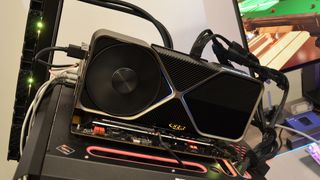
- Fantastic performance, gaming and otherwise
- Surprisingly energy efficient
Putting everything else aside, there's no denying the Nvidia RTX 4080 is an outstanding performer, whether its synthetic benchmarks measuring raw performance, creative performance, or gaming performance.








The RTX 4080 easily beats the best of the last generation, the Nvidia RTX 3090 Ti, and often it does so handily on synthetic benchmarks, but it is well behind the RTX 4090, which makes sense given that it has about 68% of the physical hardware to compete.





In term of creative benchmarks, the RTX 4080 is the second best graphics card you can buy behind the RTX 4090, and there isn't much to compete against it unless you're looking for something for video editing or photo editing.
In the latter two cases, processors are much more important than graphics cards, but when it comes to 3D rendering, the RTX 4090 takes the title in a walk-off win. The RTX 4080 is second best, but a fairly distant second.











It's a very similar situation when it comes to gaming. The RTX 4090 easily gets dozens of additional fps in many of the best PC games, which makes the RTX 4090 a far, far more compelling option for gaming than the RTX 4080, especially if you've waited and saved afor the past two years for a new GPU.
If that's the case, wait a bit longer and get the RTX 4090, you'll be glad you did.
- Performance: 4.5 / 5
Should you buy an Nvidia GeForce RTX 4080?
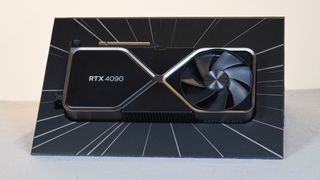
Buy the Nvidia GeForce RTX 4080 if…
You can't afford the RTX 4090
The RTX 4090 is an expensive proposition, so the RTX 4080 is a viable alternative for a premium GPU for less.
You want an energy efficient card
The Nvidia RTX 4080 can hit peak performance at just under 320W, which is fantastic.
Don’t buy the Nvidia GeForce RTX 4080 if…
You have any room in you budget
If you can save up an extra couple hundred dollars or pounds, you can get a much better RTX 4090, and you should do so.
You're looking to do 8K gaming
If you want to dabble in 8K gaming, the 16GB VRAM in the RTX 4080 really isn't enough to really allow for 8K gaming at anything like a playable frame rate.
Also consider
Nvidia GeForce RTX 4090
If you have any room in your budget, this is the graphics card you should buy, hands down.
Read the full Nvidia GeForce RTX 4090 review
Nvidia GeForce RTX 3080
If you're looking for the best performance to price contender, the RTX 3080 is the card for you.
Read the full Nvidia GeForce RTX 3080 review
AMD Radeon RX 6950 XT
If you are just looking for an outstanding gaming graphics card, the RX 6950 XT is the best AMD graphics card on the market and is definitely a competitive option while keeping things relatively more affordable.
Read the full AMD Radeon RX 6950 XT review
Nvidia GeForce RTX 4080 Report Card
| Value | This card is a compelling value proposition, so long as you don't consider the RTX 4090 is, like, right there. | 1.5 / 5 |
| Features & chipset | The RTX 4080 is about 68% of the RTX 4090 when it comes to transistor count, ray tracing cores, and more, but you do get DLSS 3 which is pretty game-changing. | 3.5 / 5 |
| Design | The RTX 4080 Founders Edition is an attractive card, but the ongoing 12VHPWR connector issues are a concern, and the necessity of this power connector is questionable. | 3.5 / 5 |
| Performance | There's no doubt that the RTX 4080 is a powerful GPU, but it is still the second best GPU on the market right now, and the RX 7900 XTX could be a much more powerful offering. | 4.5 / 5 |
| Total | The Nvidia GeForce RTX 4080 is a powerful graphics card that is great for everyone who absolutely cannot get an RTX 4090, but everyone else should buy the RTX 4090, and it shouldn't even be a debate. | 3.25 / 5 |
First reviewed in November 2022

John (He/Him) is the Components Editor here at TechRadar and he is also a programmer, gamer, activist, and Brooklyn College alum currently living in Brooklyn, NY.
Named by the CTA as a CES 2020 Media Trailblazer for his science and technology reporting, John specializes in all areas of computer science, including industry news, hardware reviews, PC gaming, as well as general science writing and the social impact of the tech industry.
You can find him online on Bluesky @johnloeffler.bsky.social
